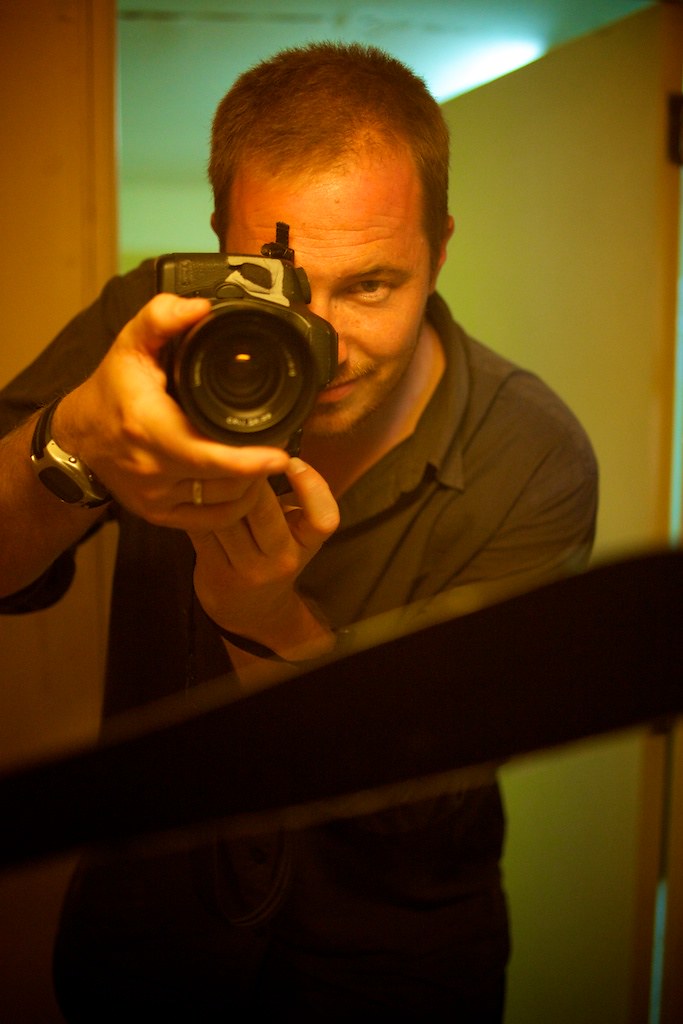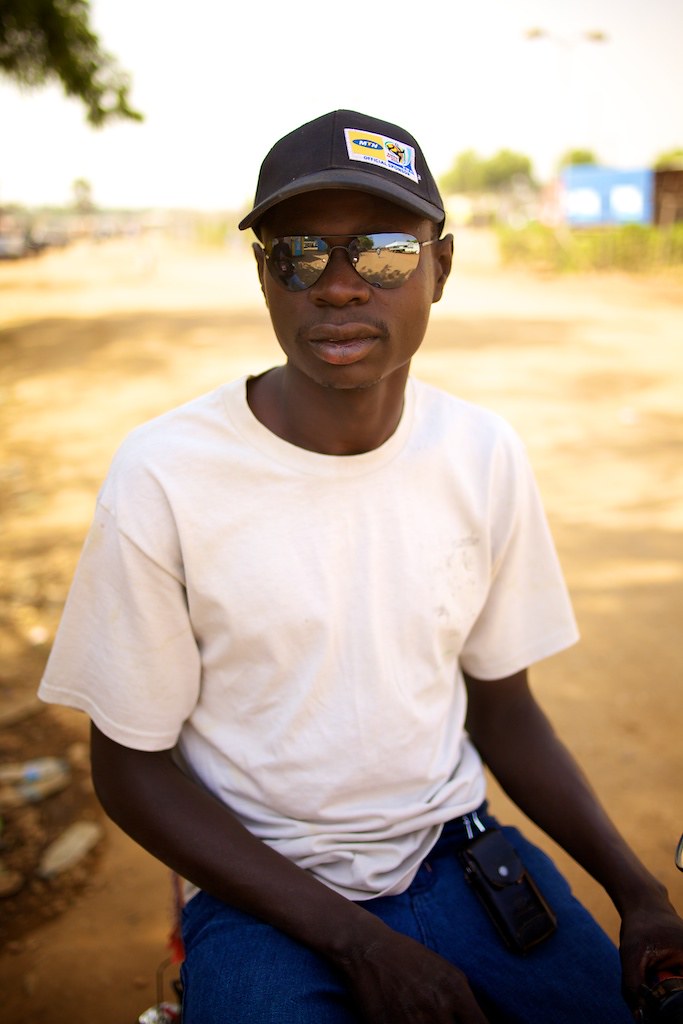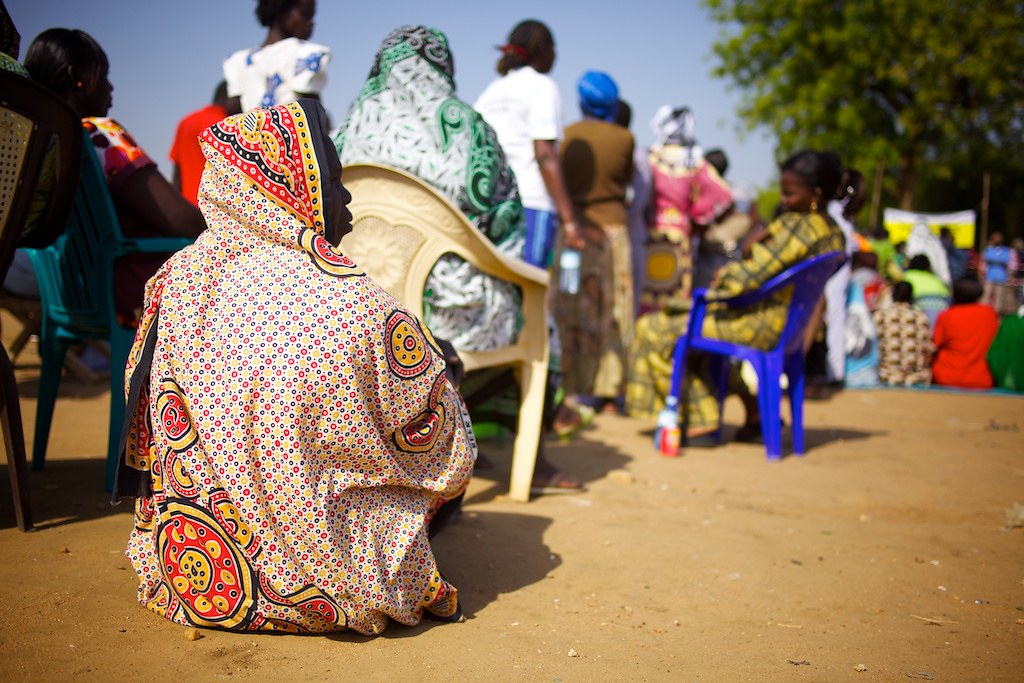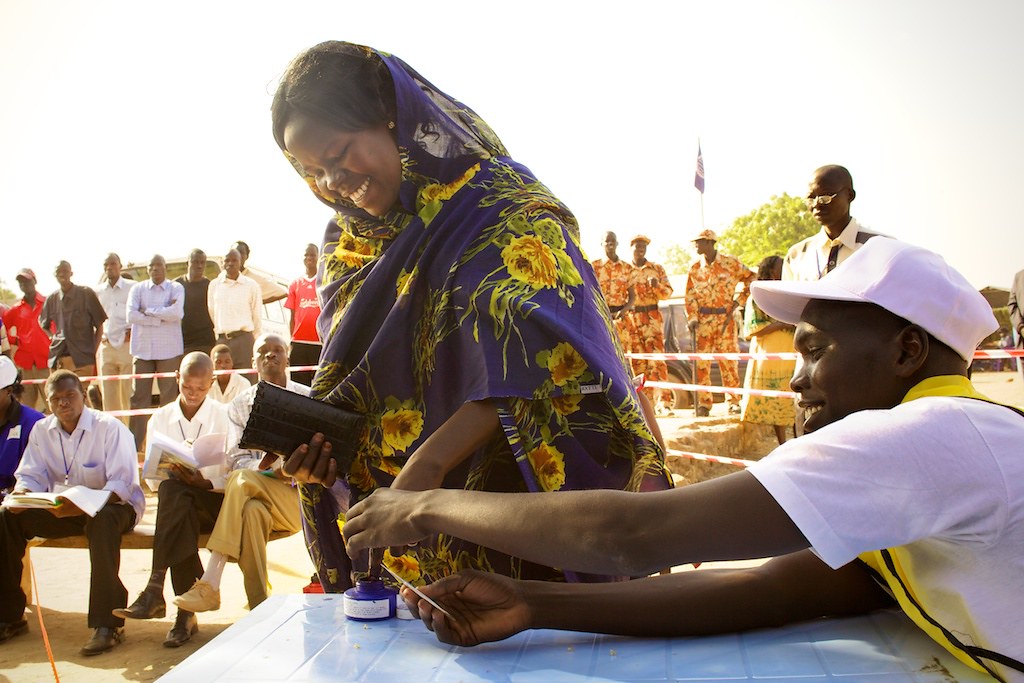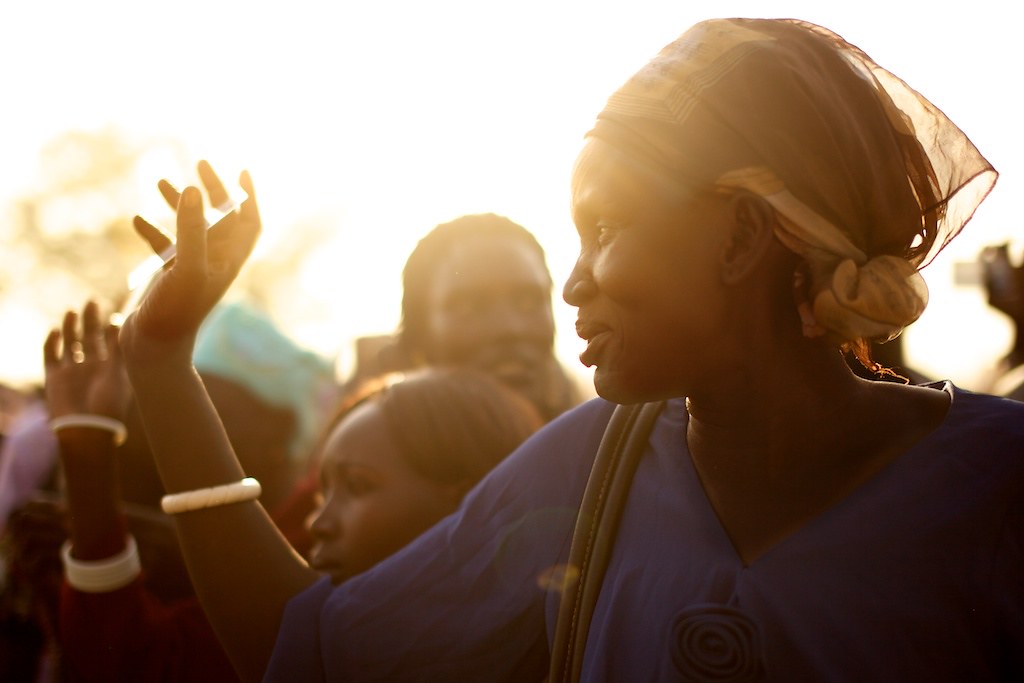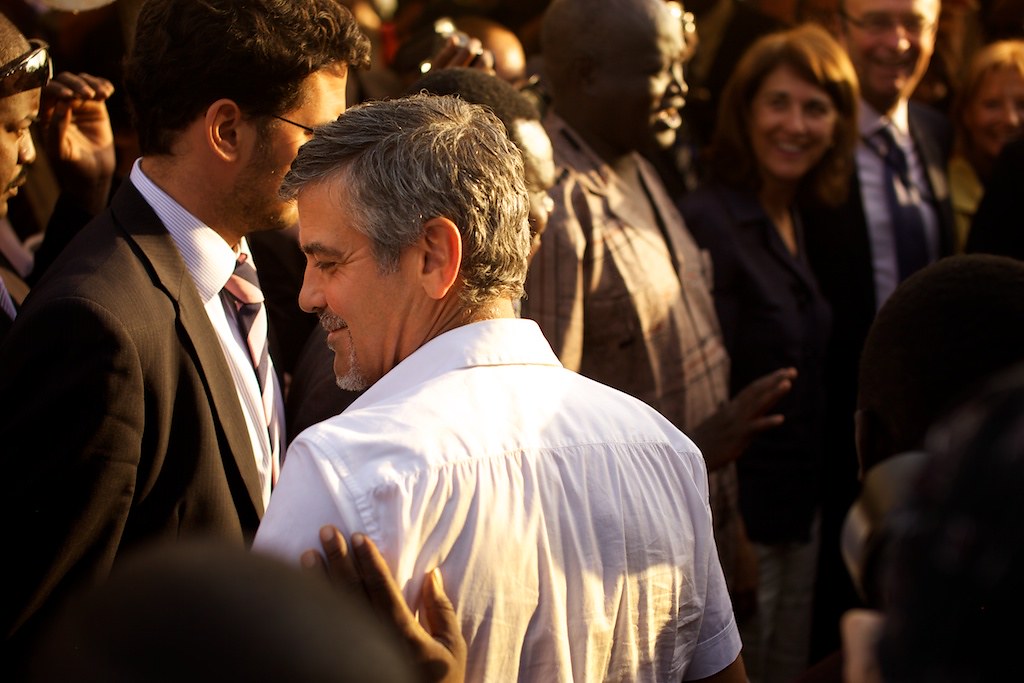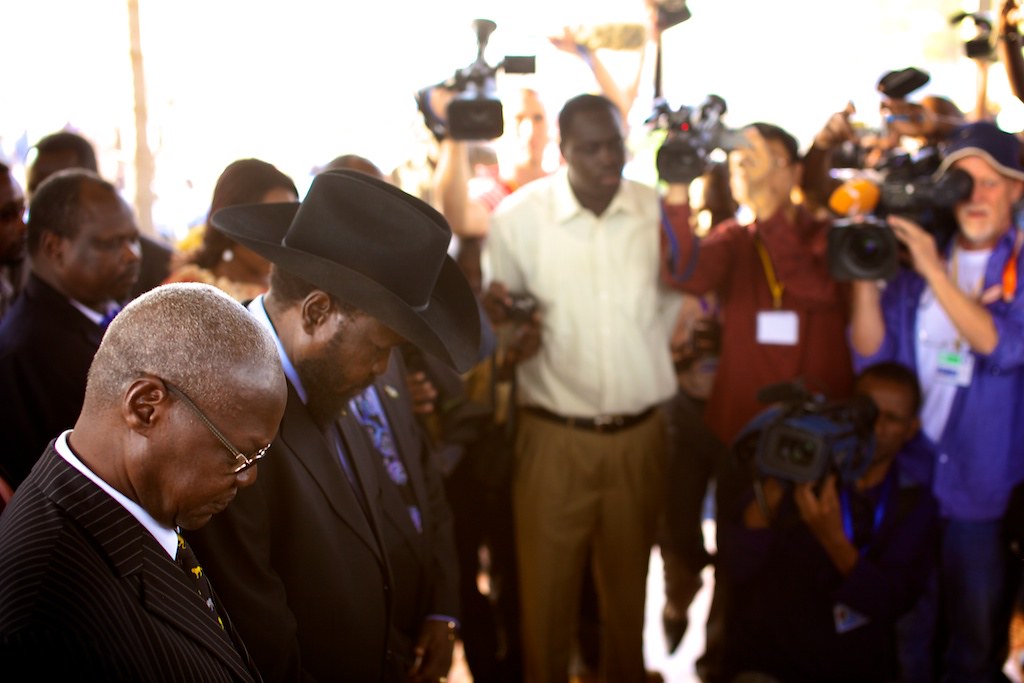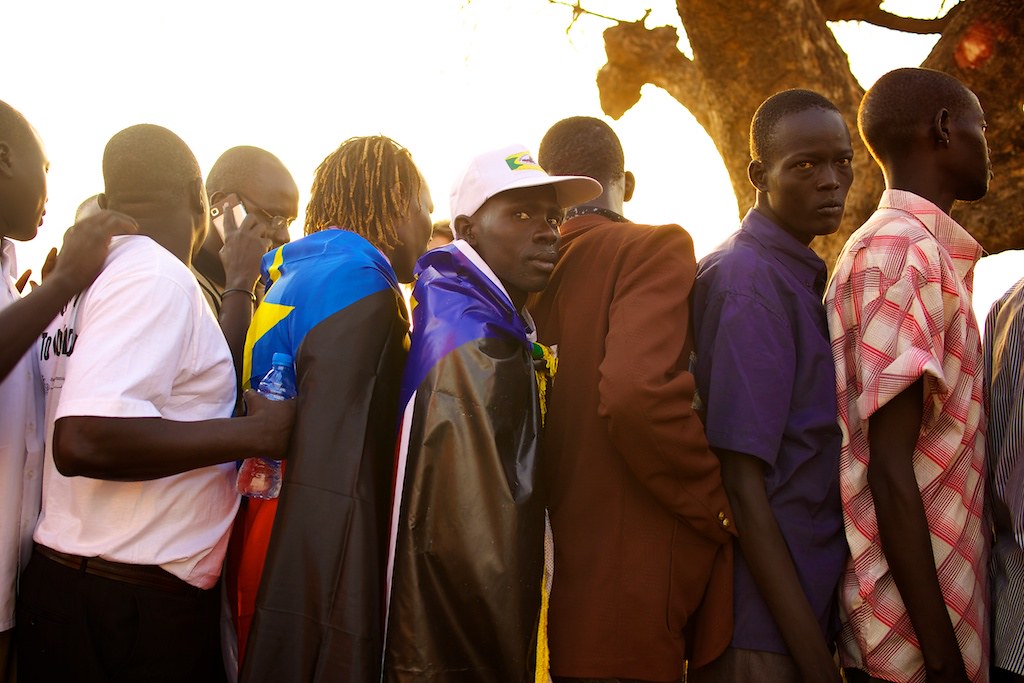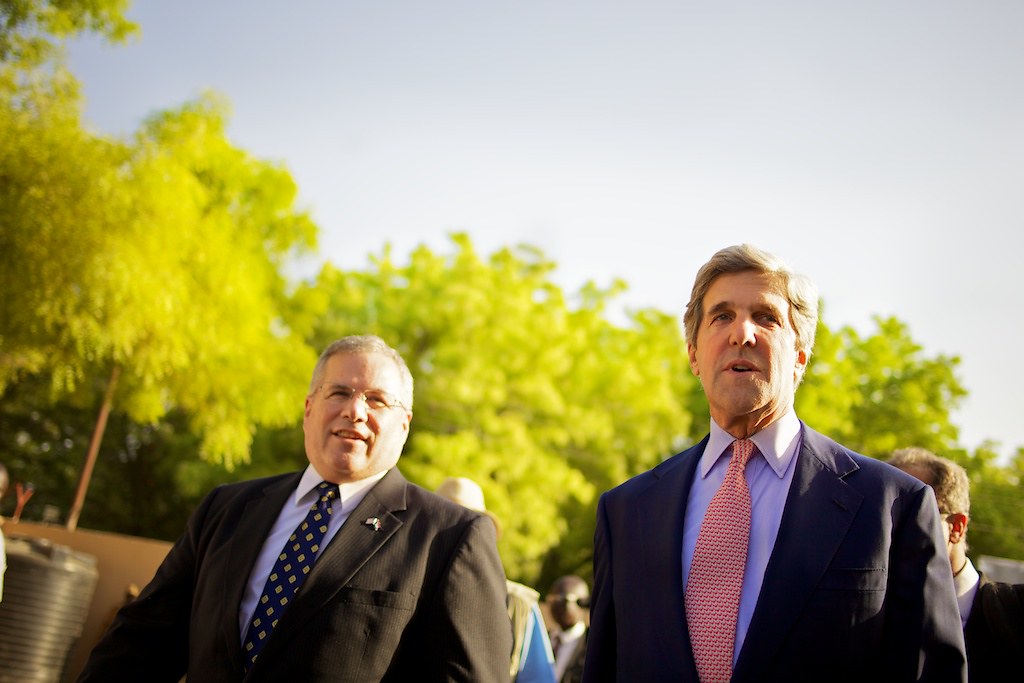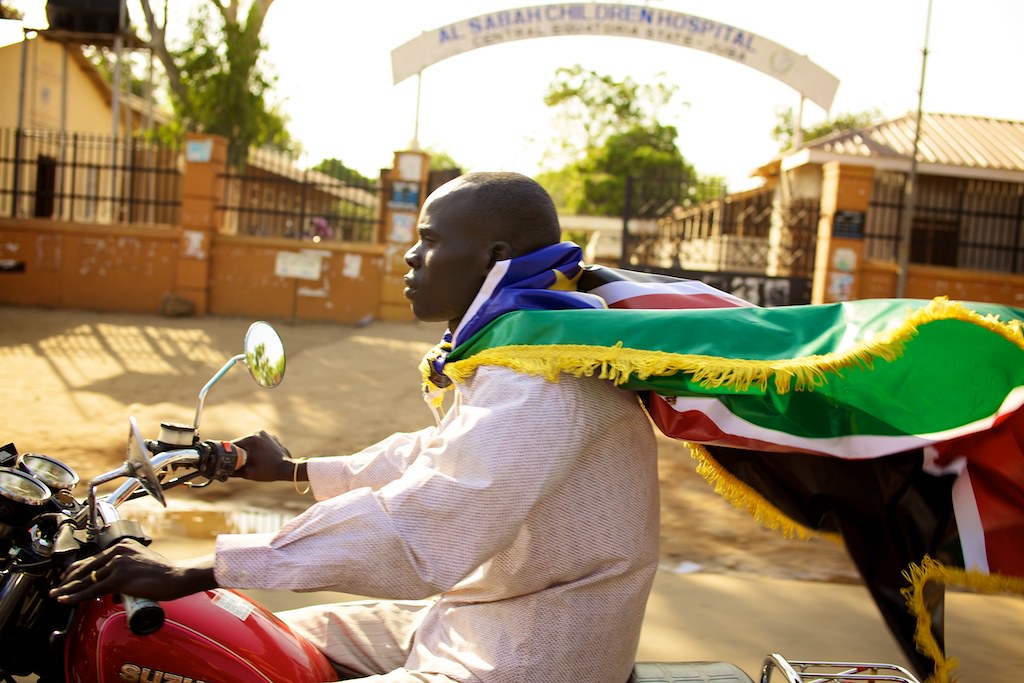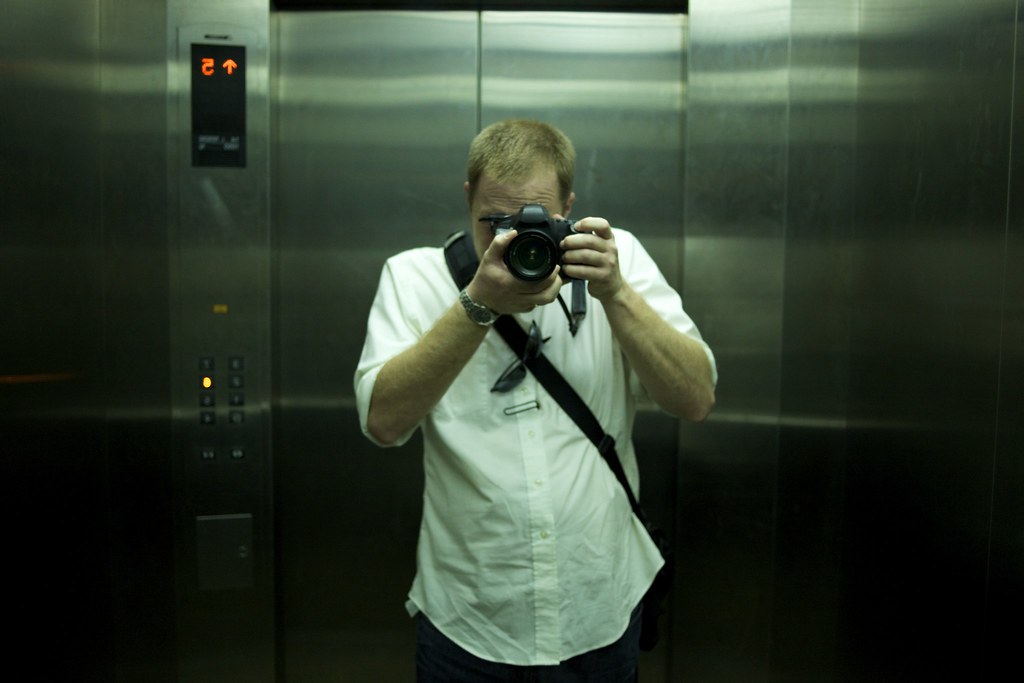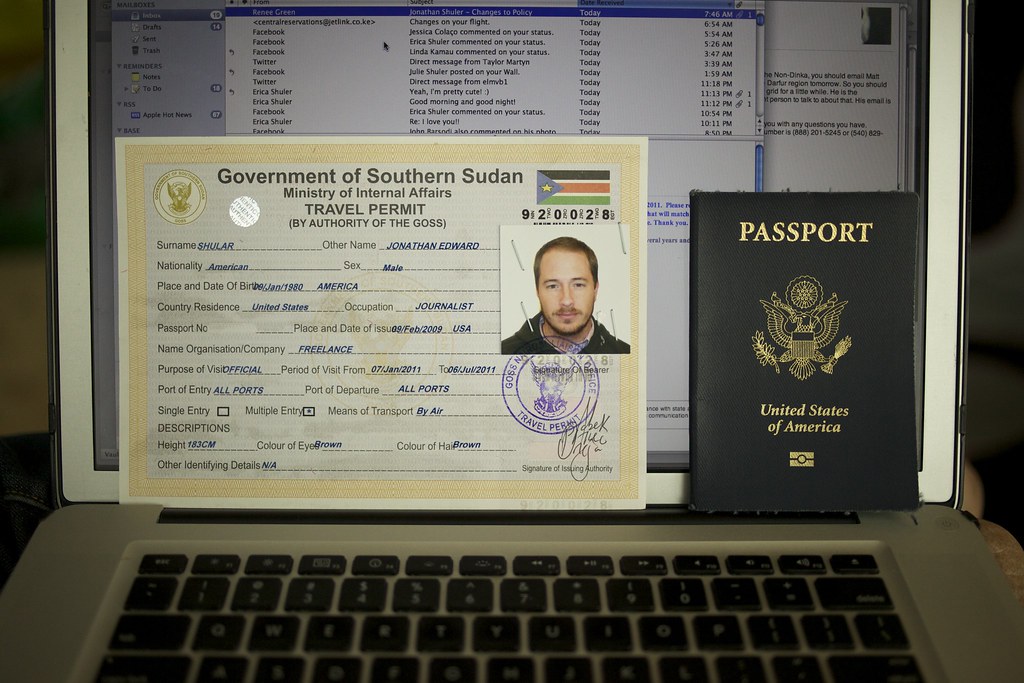The Guys
 Thursday, January 13, 2011 at 11:26AM
Thursday, January 13, 2011 at 11:26AM The name of my hotel is the Nile Nest, though no one knows it by that name. The only useful information I can give someone when directing them to my place is to mention the name of the bar in the hotel’s plaza. It’s called Campus, or maybe Compass–I can't always decipher the accent up here. I couldn’t tell you why the bar is named either one. It’s not especially near Juba University, nor is it near a special geographical land mark. All I can tell you is that it is doing well; the bar is perpetually occupied by at least a few members of a group of younger men I’ve come to call "The Guys."
The Guys are a group of Sudanese friends, roughly my age, who know each other through a variety of circumstances from their youth. Some lived together in the refuge camps in Nairobi, some got "drafted" into the SPLA around the same time, or fought together in the war, and some are related. Their paths cross each other’s all over East Africa like a cobweb. 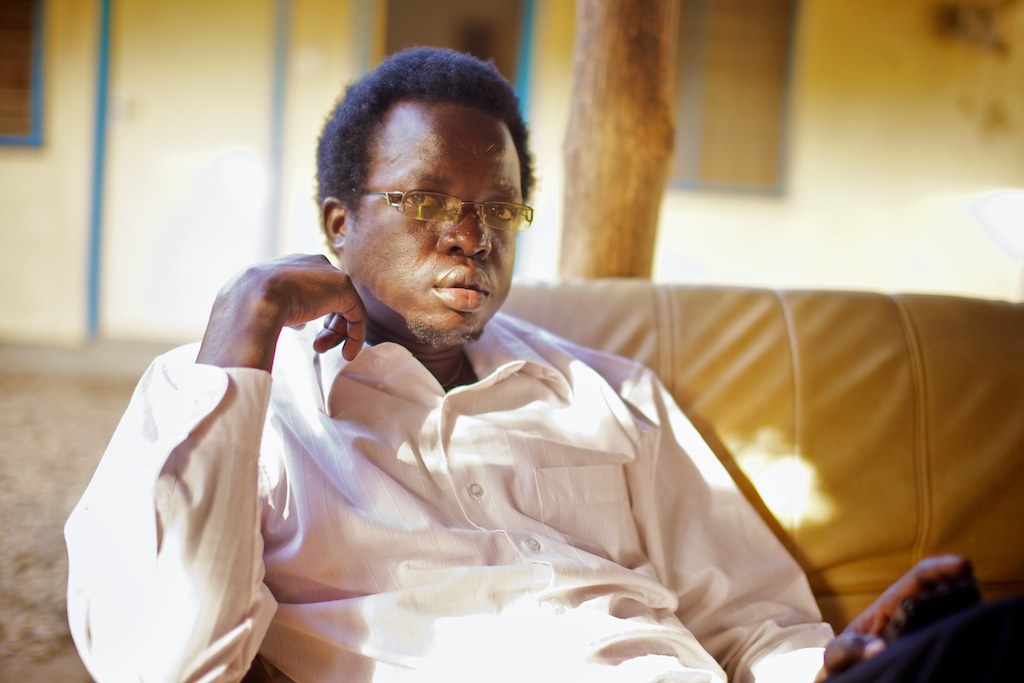
Until about four months ago they didn’t all know each other, but then they ended up in Juba–either for work or the vote. Now they all hang out in my hotel's bar and go through about two crates of Tusker a night, discussing politics and what they think will happen when the South is recognized as a country. The vote, of course, is on the front of every Southern Sudanese’s mind and tongue right now.
The Guys are a kind of collective metaphor for all of Southern Sudan. Young men who have only experienced stability within the last couple of years, growing up knowing violence, hostility, and war.
Want to know what it’s like to be 12 or 14 years old, learning to fight a guerrilla war with a gun that’s as long as you are tall? The Guys can tell you about that. Or having to march for two or three days without food? I just heard that story last night. Want to know what it’s like to be dropped off in the middle of a refuge camp in Nairobi at age ten by your parents, left to figure out how to get to school and then go on to get a bachelor's degree? Some of The Guys have been there and done that.
Some have bachelor's degrees but no real employment because, apparently, most professional jobs are taken by “foreigners” (a phrase I first assumed meant “Westerners,” but here refers specifically to the Kenyans and Ugandans who have poured into the region as Juba’s economy has blossomed under the warm rays of recent freedoms. I even heard a Nairobi radio station talk about how one of the main reasons that Southern Sudan’s secession would be good for Kenya was, “in a word, jobs.”)
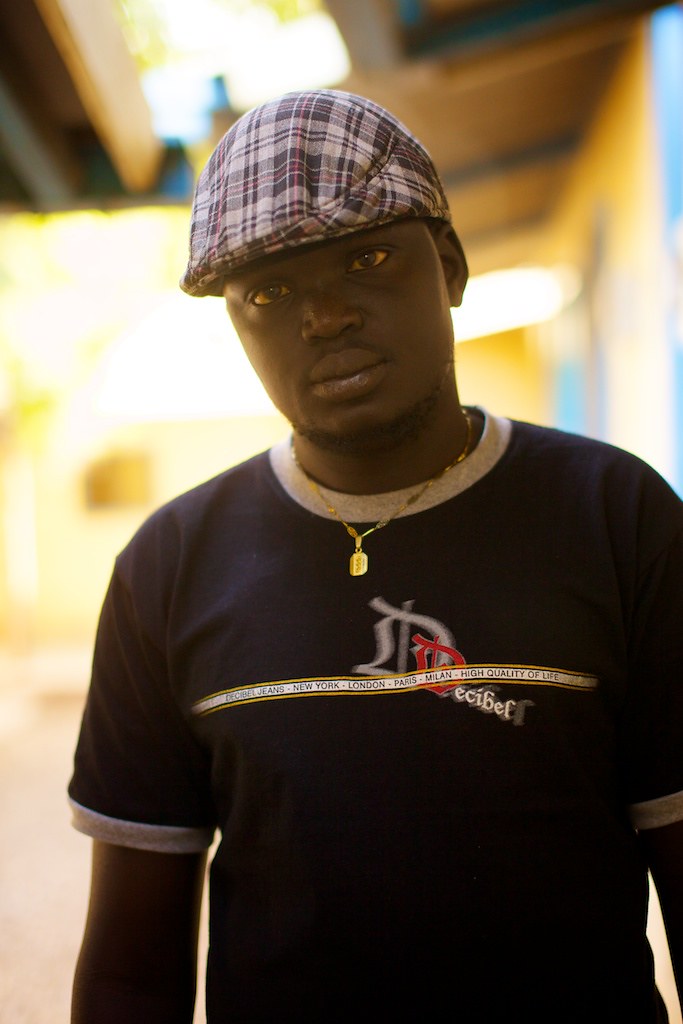
The Guys' collective story reads like a kind of awful compilation: a best-of collection of all the “War Child” literature that seems to be in vogue these days with a certain type of young Westerner who has a combination of wonder lust and white guilt. With that much baggage and hardship starting in early adolescence, you’re going to have some vices, and The Guys have a few. As I mentioned earlier, they drink a lot. Some of them struggle with racial hatred. Yet what dominates The Guys' demeanor and their conversations is an excitement for the future.
This excitement is practical: some are trying to start businesses, some are mine field clearers (not really for the pay, but because they have a vision for villages to begin local farming again, a practice long abandon as no one actually knows where all the mines are so they don’t plow), and some are still trying to finish up school. I really admire these guys at their core. Their warm, sincere hearts making their rougher edges forgivable.
Slowly, I’ve talked them into short interviews and have cautiously started asking them to consider the idea of being the subjects of a long term documentary I would like to produce. It’s a slow process, winning over relative strangers to having their lives put in front of a lens. You don’t just get open doors when you are basically a total and complete foreigner, even if they like you. But things are going well and I still have a couple of days to get everything locked down.
Maybe it just something in the air, but I feel hopeful.
